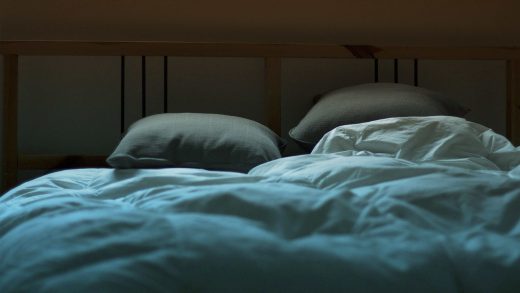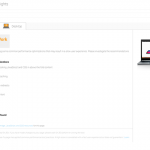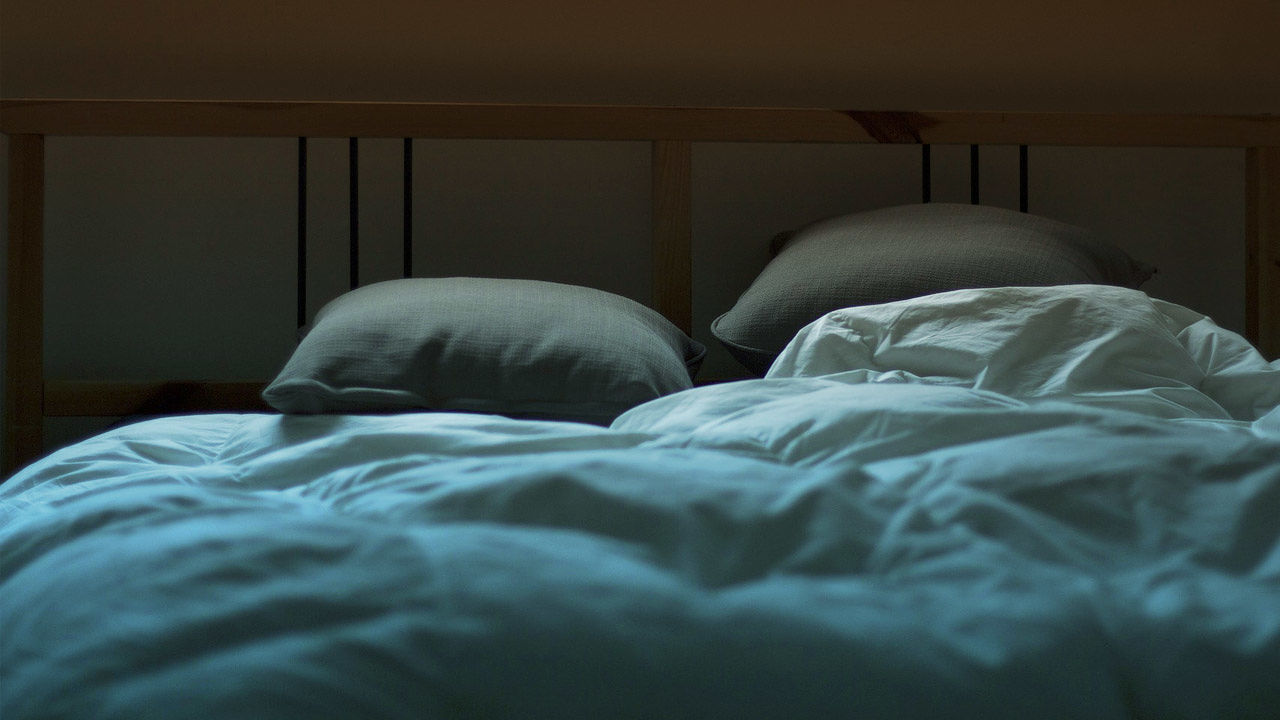What Happened When I Stopped Using Screens After 11 p.m.
Although I am a productivity aficionado, forming new habits doesn’t always come easy to me. Given how busy my days are, finding the energy to start doing something differently is tough, even when I know it would be a helpful change. Over the years, I’ve repeatedly failed to develop habits, from getting out of bed as soon as my alarm goes off to finding a consistent workout schedule to carving out time to read more books.
To combat that, my husband and I started a tradition: Every year we add a new habit to our lives for the month of January. Some years they stick, some years they don’t, but it’s been a nice way to push ourselves to try changing our lifestyle in a positive way. This year, we decided to try something that seemed crazy: We vowed to stop using any screens after 11 p.m. No TV, no computer, not even my trusty iPhone.
As a serious night owl and busy entrepreneur, working late into the night is a daily occurrence, so it should go without saying that this experiment was terrifying. It felt like I’d be cutting hours of work from my day and making the rest of my waking hours more stressful as a result. But I’d read the research on what screens do to your heart and brain, so for just one month, I was willing to try it.
I’ll start with the spoiler: It was awesome and life-changing and you should definitely do it for at least four short weeks. In fact, I loved it so much that I extended the experiment permanently (give or take one really busy week at work).
Not sold on giving your iPhone a bedtime? Here are the four things I learned from cutting off my screen time:
1. I Can Actually Do It
Let’s start with the most surprising lesson: As someone who regularly emailed well past midnight or 1 a.m., stopping cold turkey at 11 p.m. seemed insane. But, I found that as long as you’re dedicated to trying this, all it takes is closing that laptop at 10:59 and not looking back. In fact, I closed my computer on a partially written email more than once. Guess what? No one died. No one even panicked. In the beginning, I found it helpful to set a quiet alarm at 10:45 to remind me that I should switch to wind-down mode—and to make sure I did things like set my morning alarm, since I use my phone for that, too.
2. I Prioritized My Work Better
Since I now had a hard deadline each night after which no work could be done on my computer, I started to prioritize my to-do list slightly differently. Instead of just jumping into my inbox top down, I kept a list of things I absolutely had to handle that night. I would start working with that list in mind, answering key emails that were holding others up (and finishing articles like this one when they were due). After completing my list, I could choose to keep working on other non-urgent work until curfew time, knowing that it was all icing on the cake and helping me to get ahead for the next day. When 11 rolled around, shutting down came with a feeling of accomplishment, since I had done the most important work first.
3. I Finally Found Time to Read
Now, just because I stopped using screens at 11 doesn’t mean that this night owl could just start falling asleep at 11 p.m. Rather than laying awake, though, likely thinking about work the next day, I chose to pick up a book. And then another, and then another. During the month of January, I read more than the previous six months combined. In fact, I could now read for an hour and still be asleep earlier than my normal time. And the best part? I didn’t feel like I had wasted any time by doing work and watching filler TV in the background. Dare I say it, instead of melting my brain, I’m getting smarter.
4. I Slept Better
This should come to no surprise, but turning off my screens had a huge impact on the quality of my sleep. Turns out all those studies were right. I fell asleep more easily, stopped having sporadic insomnia, and—wait for it—hit snooze way less! After years of trying everything I could think of to curb this addiction to five more minutes, I solved it the old-fashioned way: Giving my brain a much-needed break. As you can imagine, the better I slept, the easier it was to wake up and start my day.
In fact, within a week of starting this experiment, I found that snoozing wasn’t the only other habit I was able to change. Turns out that I inadvertently stumbled upon a trigger habit: I was reading more, sleeping more, and spending more quality time with my husband. All of this led to me feeling less stressed and better prepared to start each day. All in all, a huge positive change in my life, all thanks to a single new habit.
This article originally appeared on the Daily Muse and is reprinted with permission.
(15)














